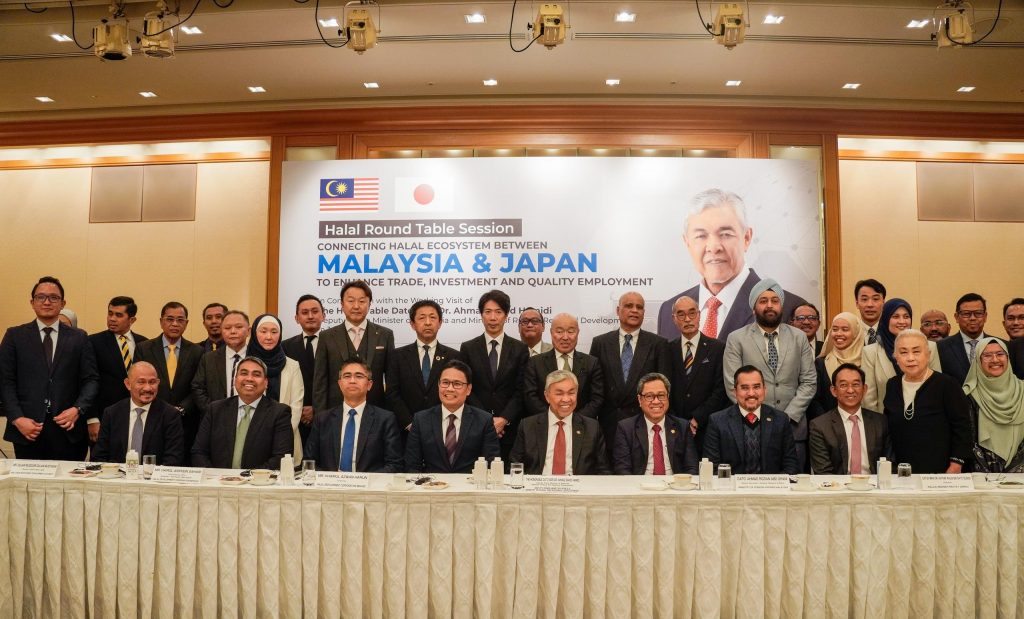Japan Times
KYOTO – Kyoto, a city known worldwide as a major center for Buddhism and as the home of some of the country’s most famous Shinto shrines, is stepping up efforts to better welcome one particular group of foreign visitors: Muslims.
With the number of Muslim tourists from Malaysia on the rise, thanks to visa restrictions that were eased last July and the growing number of international conferences in the ancient capital being attended by Muslims from Africa, the Middle East and South and Southeast Asia, the city decided earlier this year to formally research better ways meet their needs.
Of the nearly 845,000 foreign visitors to Kyoto in 2012 who spent at least one night at a hotel, only about 13,000 were from Malaysia and Indonesia. But that was up from the combined 8,000 or so who visited in 2011, and the figure is expected to grow.
In response, Kyoto established a study group to make the city more Muslim-friendly. It consists of hotel managers, convention bureau officials, restaurateurs and others interested in attracting more Muslims. The group receives advice from the Kyoto Muslim Association, which allows Muslims to visit and pray at the mosque inside and which provides information on halal and Muslim-friendly restaurants in Kyoto.
Some hotels, such as Hotel Granvia and Kyoto Century Hotel, already offer Muslim-friendly meals, while the Kyoto Rose Café, not far from the association’s headquarters, offers halal meals. There are also Japanese- and English-language websites that list halal and Muslim-friendly establishments in Kyoto.
But one idea that the group, under the direction of the Kyoto Muslim Association, is looking at is a more detailed guide to restaurants that are classified as not only “Muslim-friendly” but also “halal,” “Muslim-welcome” and “pork-free.”
A restaurant is designated halal when all of its menu items are halal-certified and contain no pork or pork products, and when no alcohol, including cooking wine or mirin (a sweet cooking wine made from rice), is used during the cooking process. Muslim-friendly means the restaurant has both halal and non-halal menus. Muslim-welcome means no pork or alcohol was used in the cooking, but non-halal meats and alcohol are available. Pork-free means just that, but alcohol may have been used in the cooking and the menu is non-halal.
In addition to offering prayer rooms facing toward Mecca or taking care to ensure the food served meets the requirements of Muslim customers, there are other issues.
Rie Doi, director of tourism promotion at the Kyoto Convention Bureau, notes it is especially important that Kyoto businesses interested in selling their wares to Muslim tourists understand the cultural background of their customers.
“For example, some companies may wish to offer certain kinds of souvenirs in colors that are particularly popular in the Muslim world and different from (those) other foreign customers might want,” she said.
At the same time, Muslim tourists, no matter where they’re from, ask the same kinds of questions any tourist might ask. A recent report presented to the study group noted that Malaysian Muslims asked their travel agents why they were going to a particular Kyoto temple or shrine and what, exactly, they could do while there.
The report said addressing these questions was extremely important to Muslim visitors. But not a few tourists — most with limited time, little or no understanding of Japanese, and a minimal understanding of Kyoto’s history — are likely to want the answers as well.



